Tag: Vulnerability
Wisdom for Teams #45

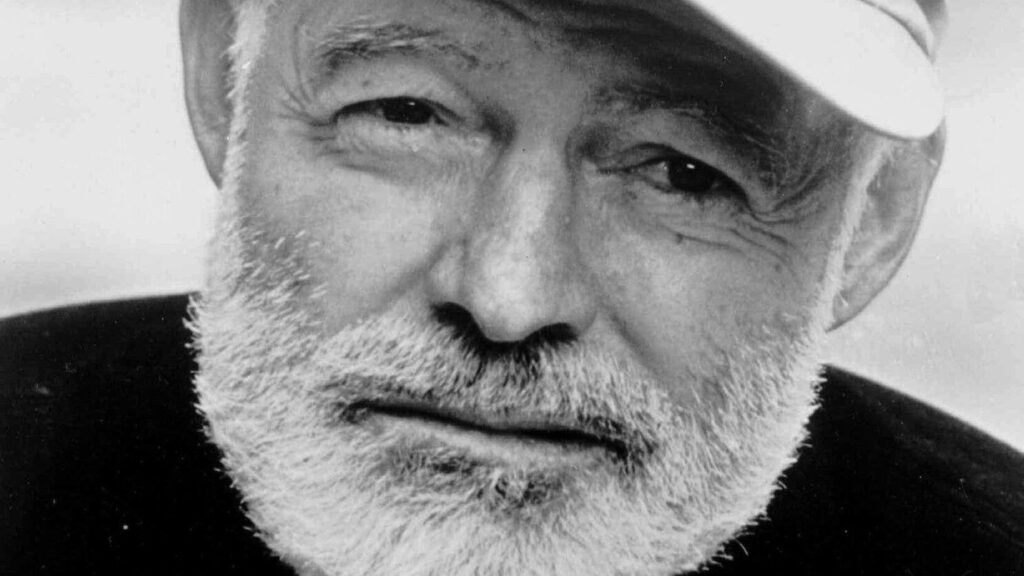
—
The best way to find out if you can trust somebody is to trust them.
—
ERNEST HEMINGWAY (1899 – 1961), American novelist, short-story writer, and journalist.
Wisdom for Teams #44
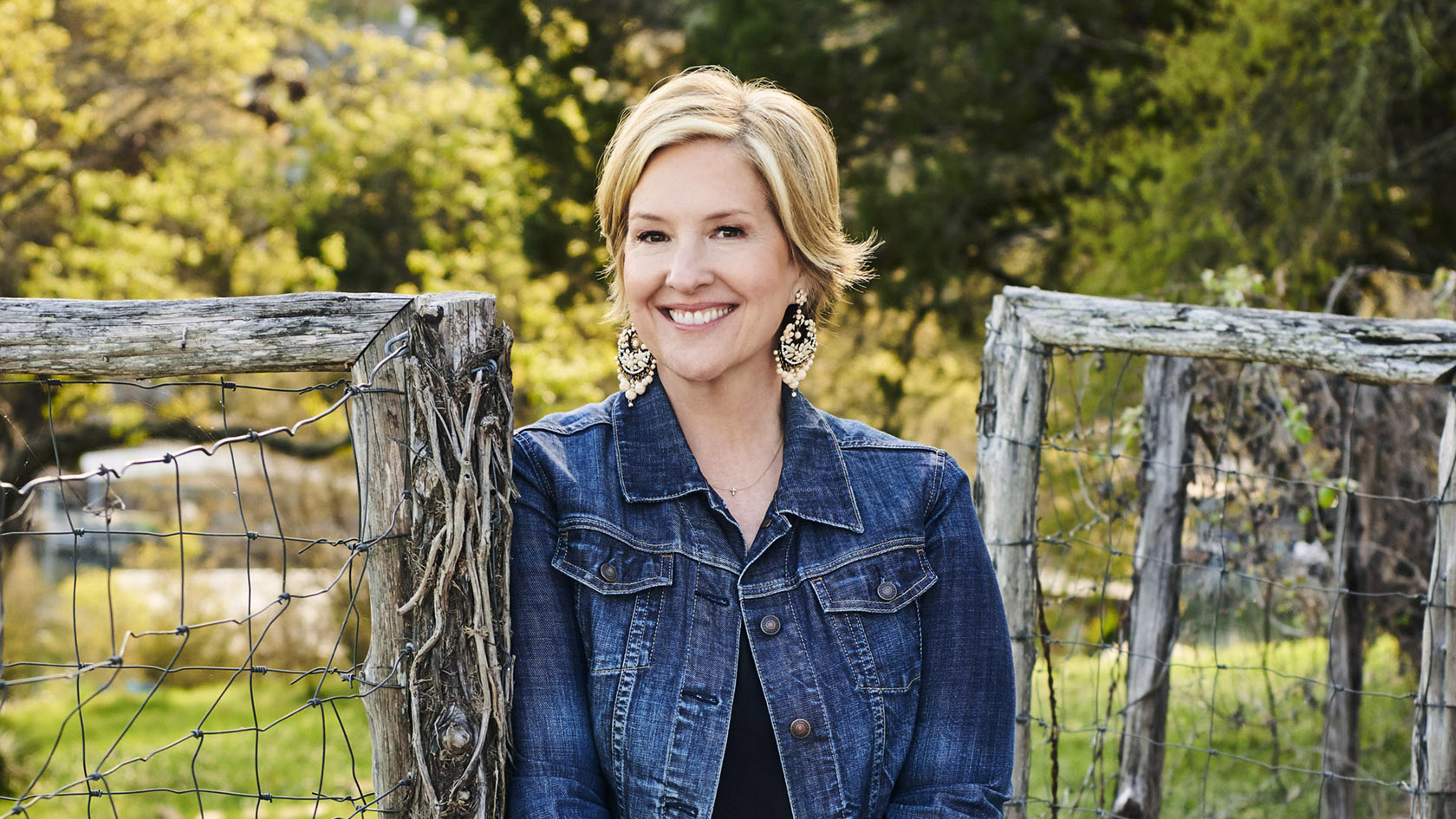
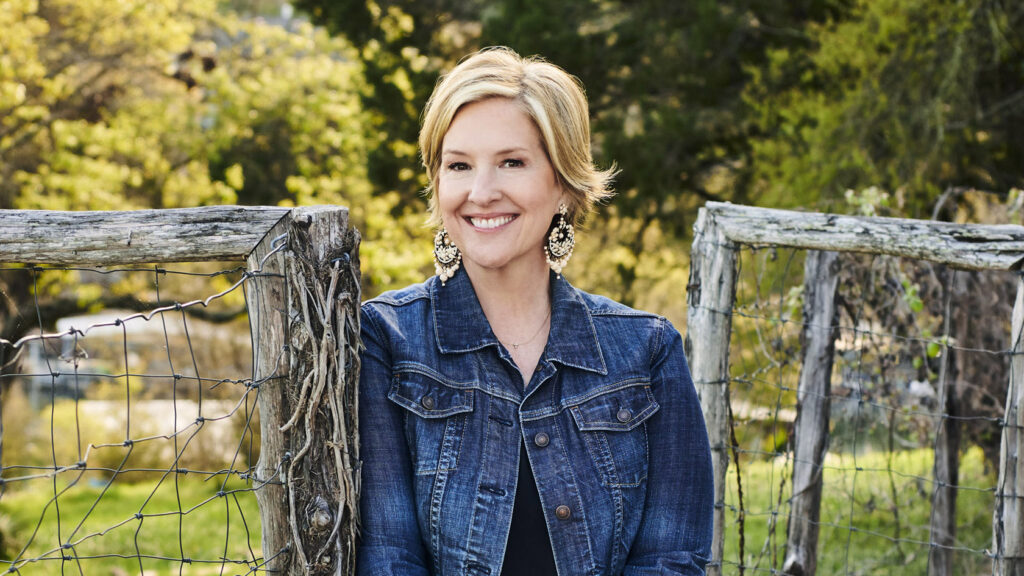
—
If it doesn’t feel vulnerable, the sharing is probably not constructive.
—
BRENÉ BROWN (1965), American professor, author, and podcast host; particularly known for her research on vulnerability and leadership.
3 Ingredients for Impact, Growth and Trust


—
On Saturday I gave a talk at the Chateuaform La Mola Campus here in Barcelona. Their sales and logistics teams from six countries met for a weekend of fun, reenergizing, and to learn to leverage each others strengths. This latter part is what I was asked to talk about.
We tend to know what kinds of teams we want — safe, winning, fulfilling, etc. — but sometimes we struggle with what needs to go in order to have these outputs. So I decided to focus on what teams want to do in order to have more impact, continue growing, and generate greater trust. It turns out, it’s not rocket science.
1. How to have more impact
If we want our work to have a beautiful impact, we want to begin with having a purpose. Purpose is the intention of our actions. To define our purpose we answer the question: “What for am I doing this?” Teams with poor purpose are teams with no impact. Great purpose means beautiful impact.
2. How to make the team grow
We all know that it is important to grow, both as individuals and as a team. But what do we put in to make growth happen? Answer: Feedback. Feedback is the gift of growth. Without feedback we don’t grow. Positive feedback gives us the energy to keep growing, constructive feedback gives us the direction in which to grow. Teams that grow are teams that rock at feedback.
3. How to generate trust
According to the Trust Equation, a good dose of intimacy and lots of generosity is required for trust. Intimacy does not mean you tell me the things you tell your partner. It means you tell me things the way you would tell your partner, and this builds trust. Generosity is important simply because selfish people are assholes and can’t be trusted.
The key here is vulnerability, exposing ourselves by being transparent and sincere about what is going on and how we feel about it. The secret to being intimate and generous at the same time is to show vulnerability. Teams with high levels of trust are vulnerability junkies.
I had a fantastic time with this Chateauform group. It was inspiring to see a team driven by purpose, open to feedback and courageously vulnerable.
Wisdom for Teams #38
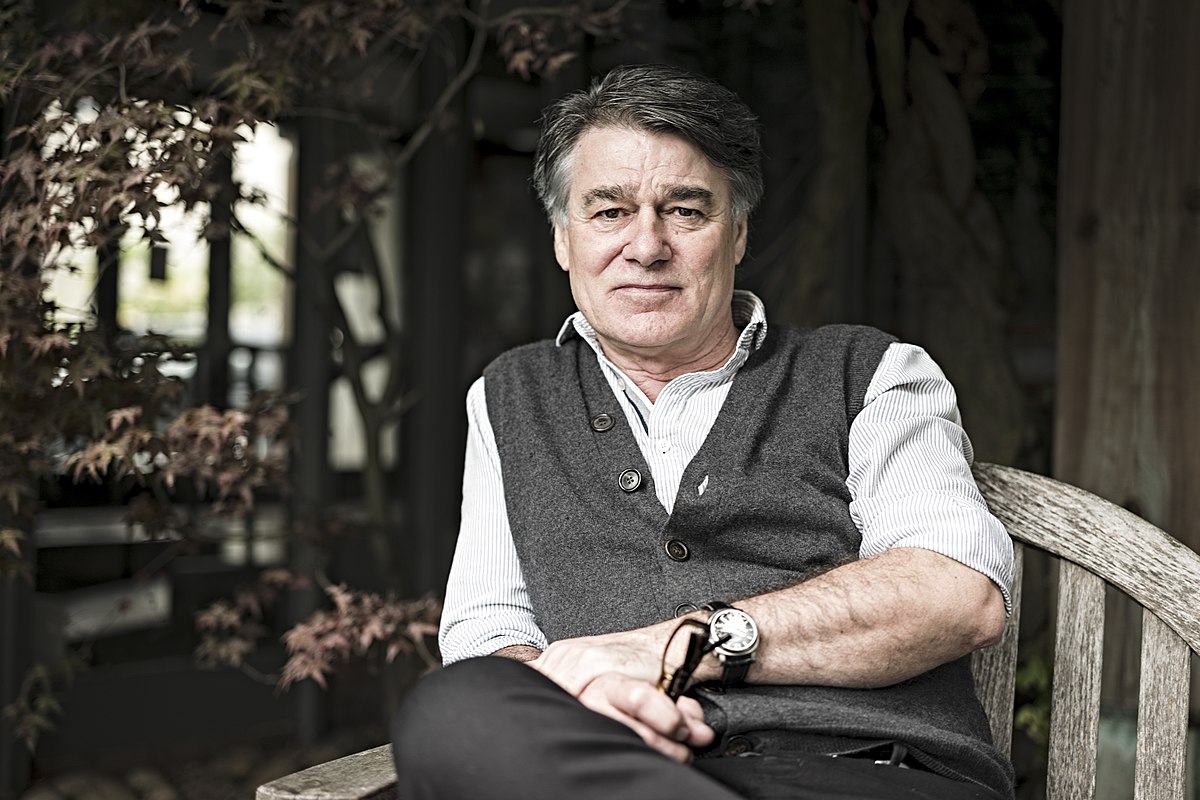
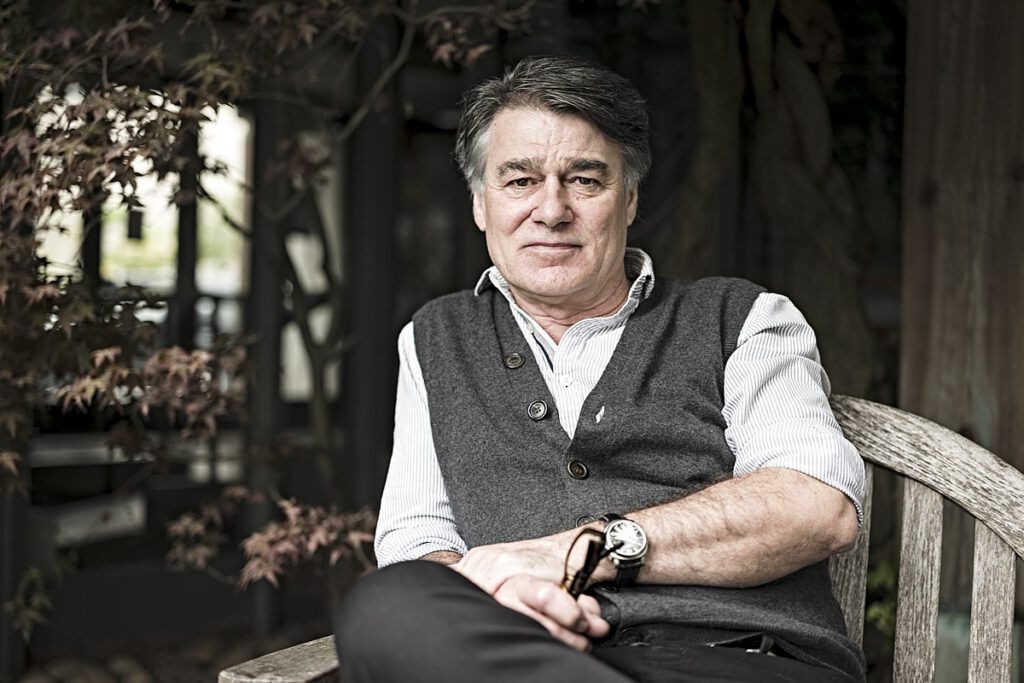
—
Whether we stay or whether we go – to be courageous is to stay close to the way we are made.
—
DAVID WHYTE (Born 1955), Anglo-Irish poet; His writing explores the timeless relationship of human beings to their world, to creation, to others, and to the end of life itself.
Do You Own It? Or Does It Own You?


Photo by Marcus iStrfry on Unsplash
When I look at my life, I see a cliché: a rollercoaster — a few flat moments, and lots of ups and downs. For the most part, it’s been fun. But sometimes it overwhelms me, especially when things don’t roll as expected. Eventually, I realize I better get a grip.
—
What is the point of riding a rollercoaster, if you’re not going to own the experience?
—
As a coach, my job is to help people get unstuck, and that starts by them owning the experience they’re going through. As long as the experience owns us, we’re stuck and we can’t move forward.
—
Owning the experience means recognizing realistically what is happening — no more, no less — and then accepting it just as it is.
—
Only then can we figure out what to do next. Here is what I do to help myself and others own the experience.
First, frame the experience in a more constructive, less apocalyptic light. What is fact, and what is interpretation? What else could this mean? What is useful here? How could this help us grow?
Second, share the experience transparently with others. When we overcome the vulnerability of openly sharing our struggle, we dispel the power the experience has over us. As Mr. Rogers* would say, if it’s mentionable, it’s manageable.
—
Worse than the experience of feeling overwhelmed, is the experience of not owning this experience.
——
*Mr. Rogers was a TV host, author, and producer; best known for the preschool TV series “Mister Rogers’ Neighborhood”.
Wisdom for Teams #33
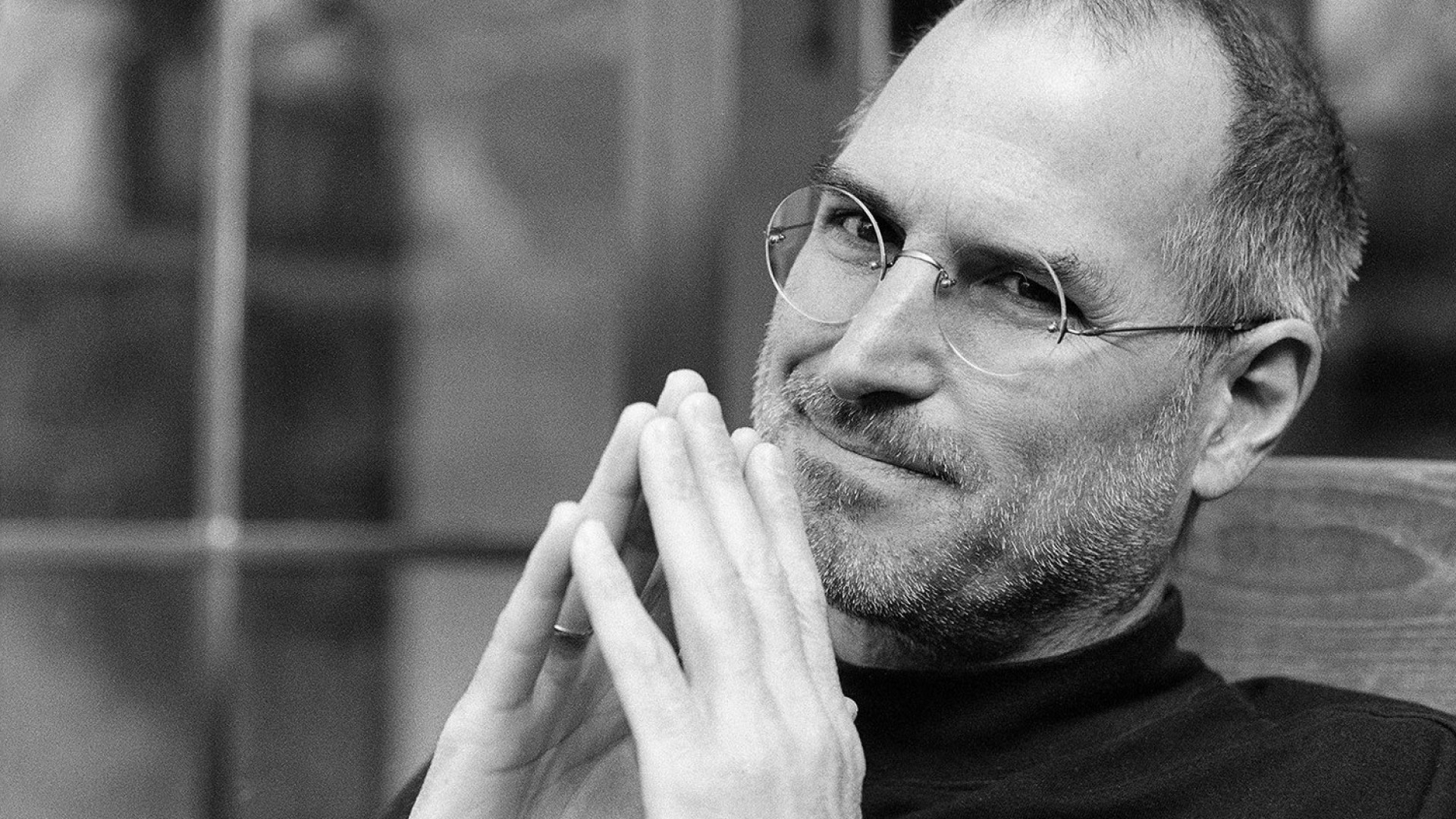
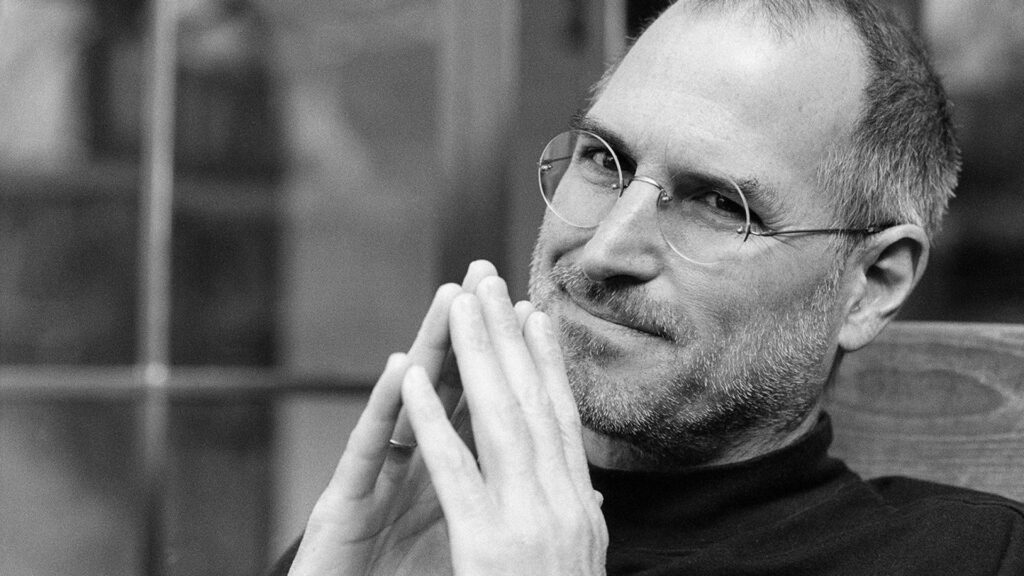
You are already naked.
There is no reason not to follow your heart.
—
STEVE JOBS (1955 – 2011), American business magnate, industrial designer, investor, and media proprietor.
Wisdom for Teams #25
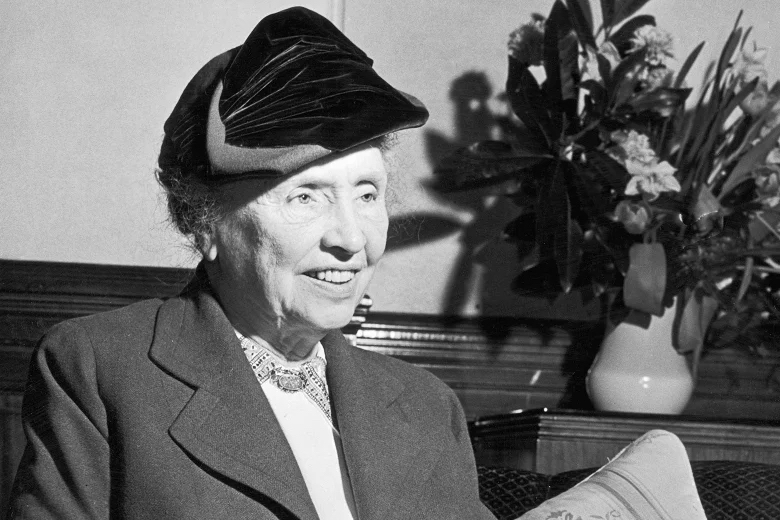

—
“We could never learn to be brave and patient, if there were only joy in the world.“
—
HELEN KELLER (1880 – 1968), USA author, disability rights advocate, political activist and lecturer.
Wisdom for Teams #24


—
“That’s what I consider true generosity. You give your all, and yet you always feel as if it costs you nothing.”
—
SIMONE DE BEAUVOIR (1908 – 1986), French writer, existentialist philosopher, political activist, feminist, and social theorist.
Wisdom for Teams #23


—
“Without the understanding that we need a particular form of aid at every crucial threshold in our lives, and without the robust vulnerability in asking for that help, we cannot pass through the door that bars us from the next dispensation of our lives.”
—
DAVID WHYTE (Born 1955), Anglo-Irish poet; His writing explores the timeless relationship of human beings to their world, to creation, to others, and to the end of life itself.
Wisdom for Teams #19
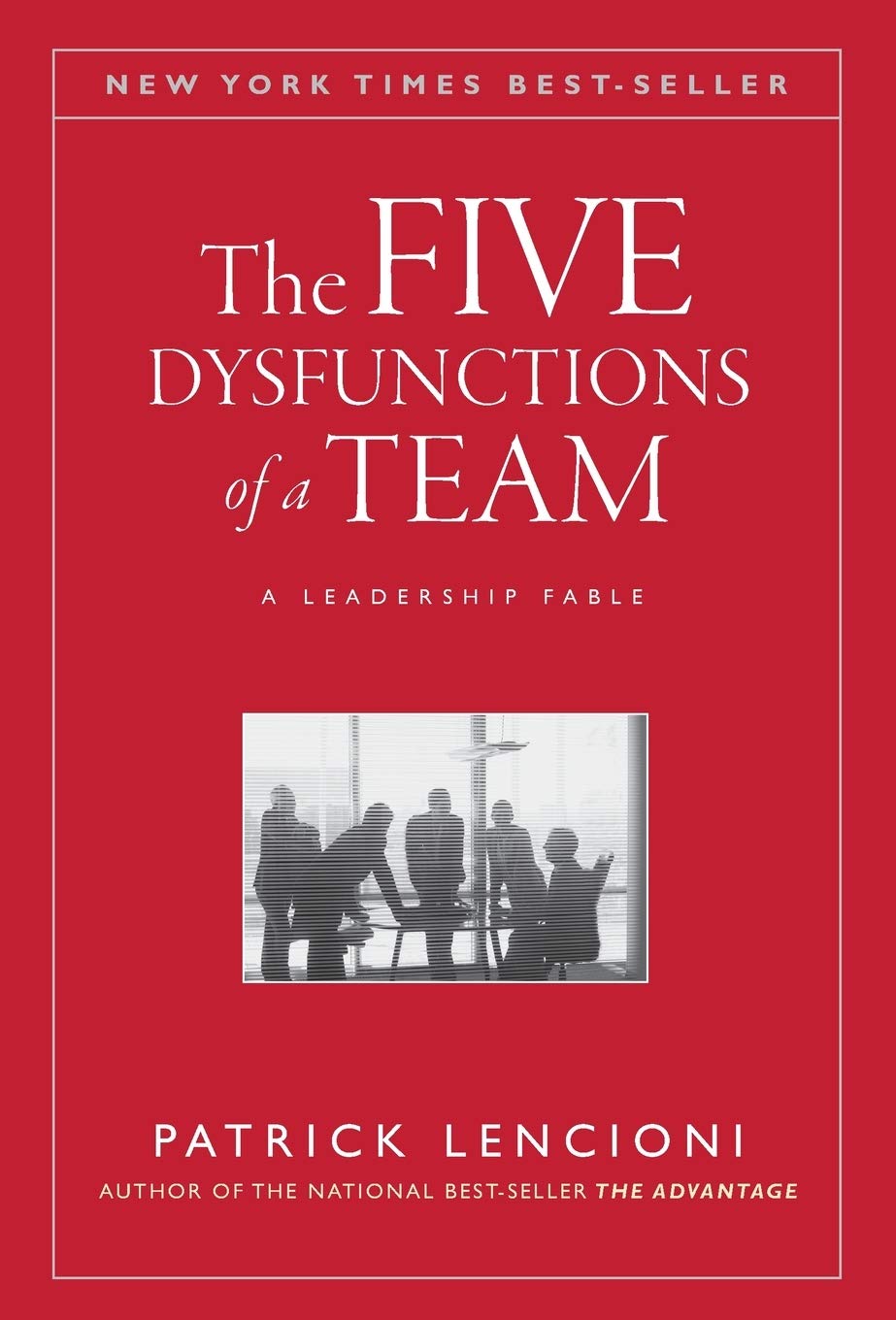
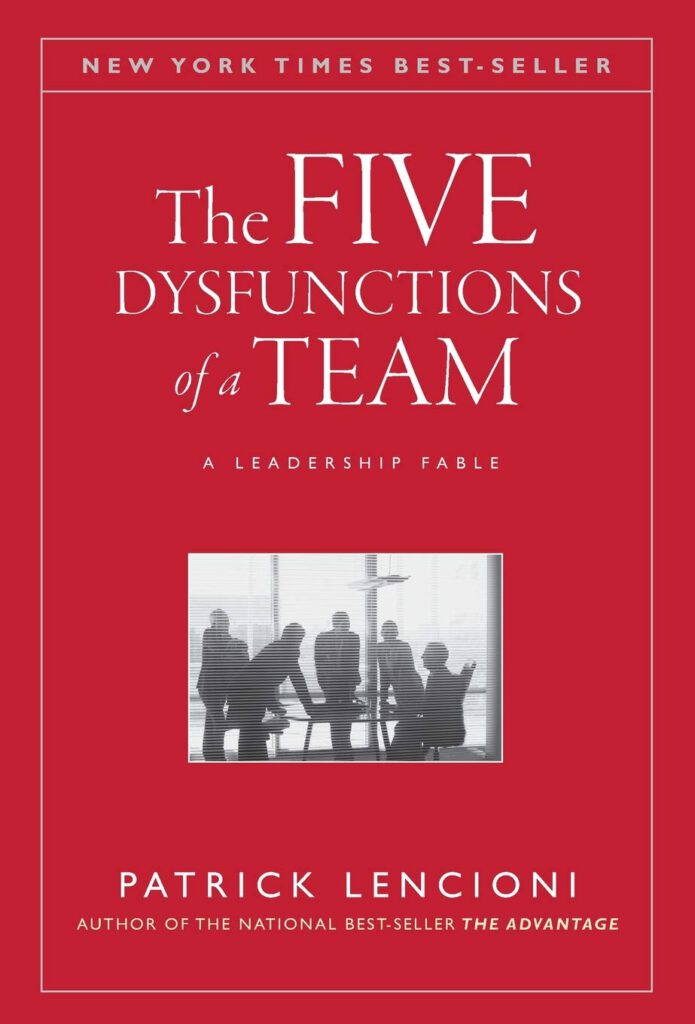
—
“Teamwork begins by building trust. And the only way to do that is to overcome our need for invulnerability.”
—
PATRICK LENCIONI (born 1965), American author and speaker on business management, best known for the book The Five Dysfunctions of a Team.

